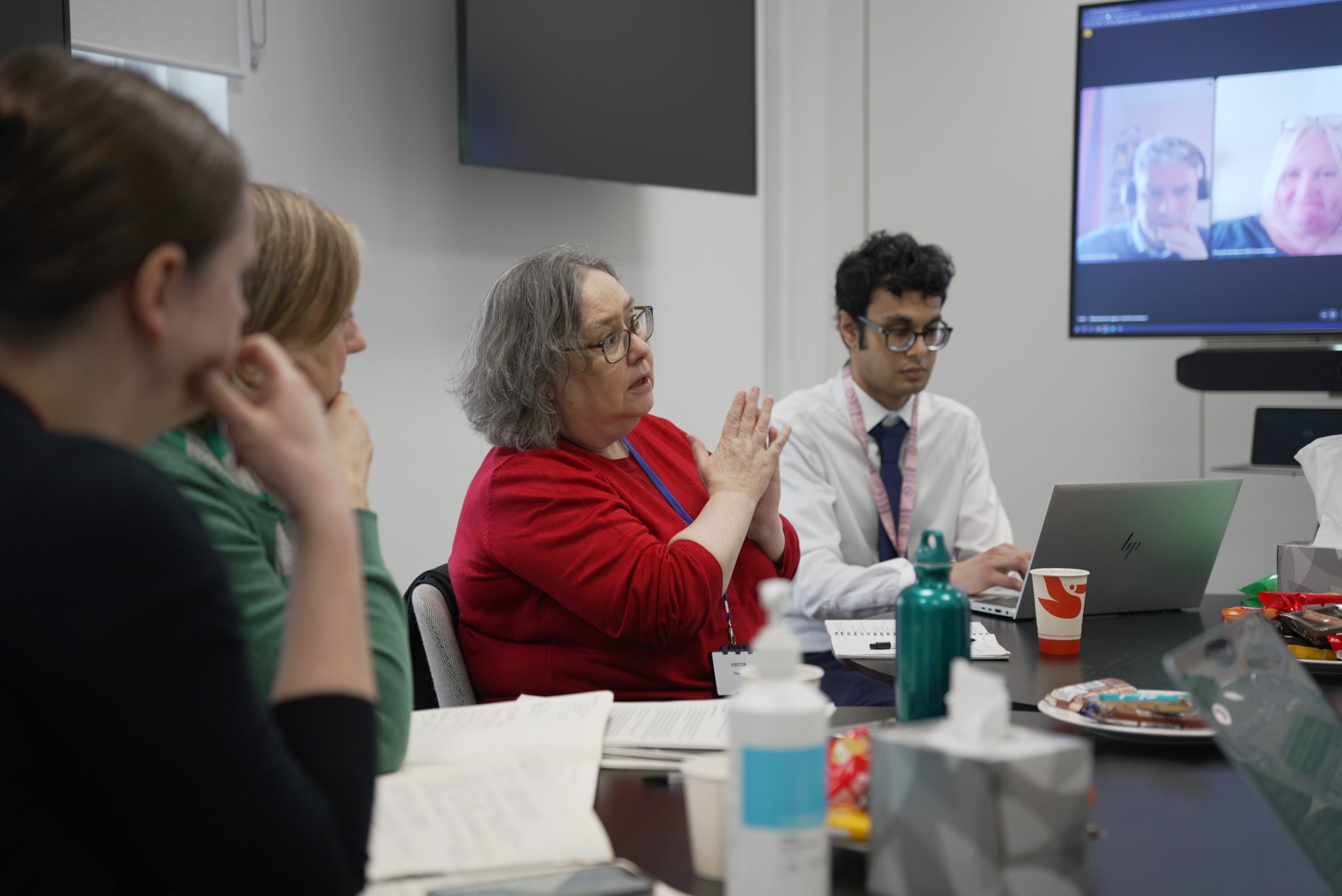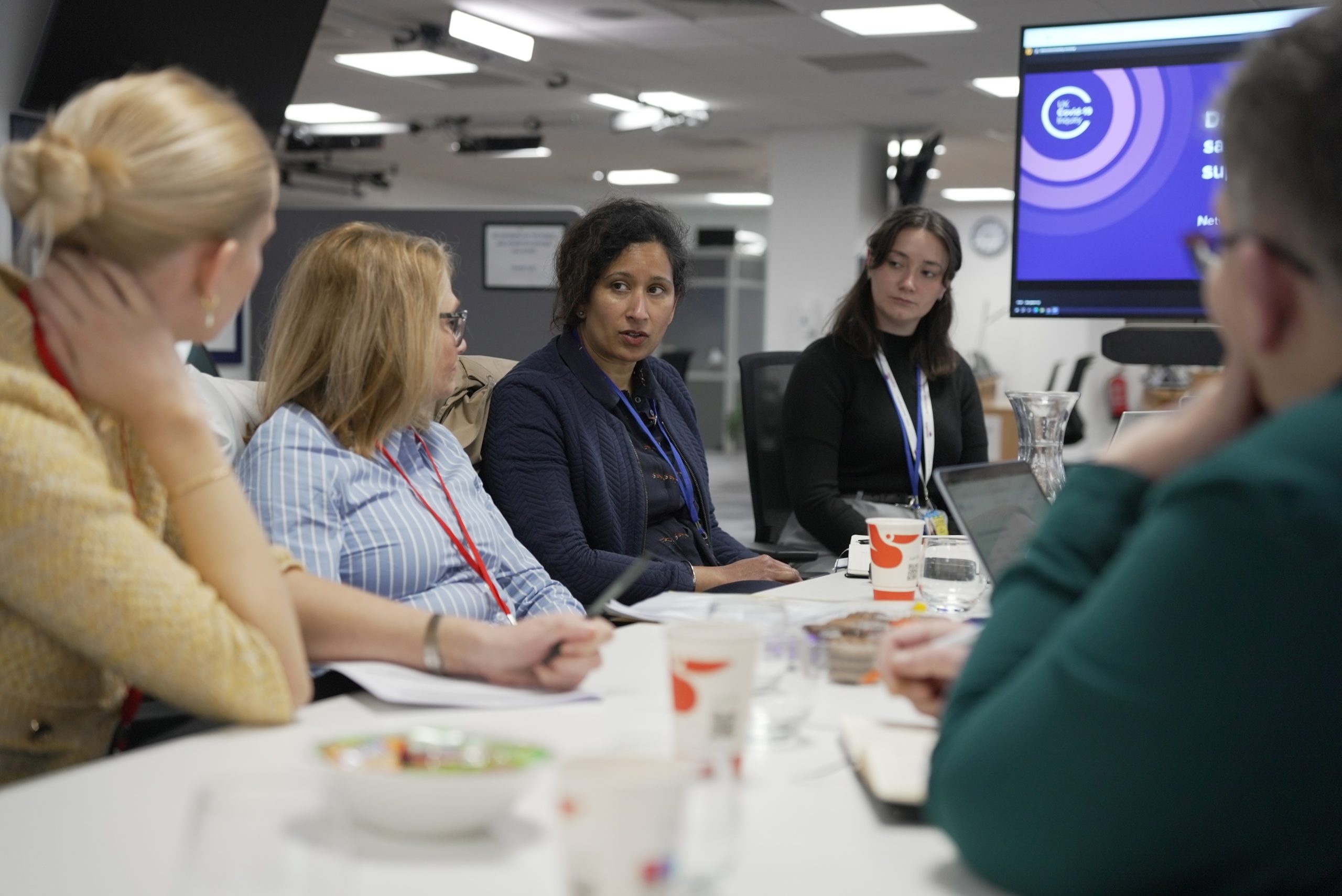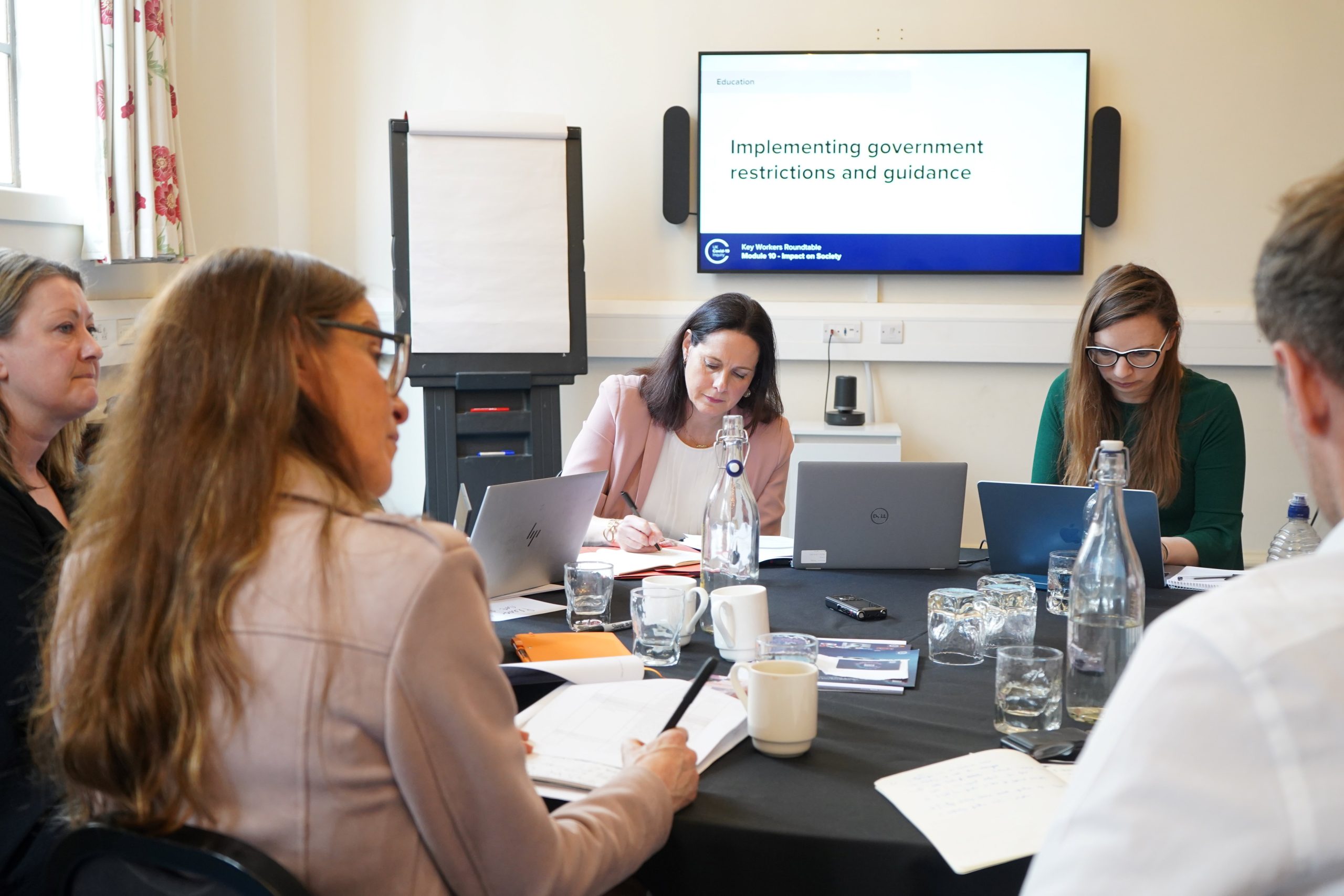The UK Covid-19 Inquiry continues with its series of roundtable sessions as part of its tenth and final investigation – Module 10 ‘Impact on Society’ with more roundtables set to inform its findings from the beginning of May.
Around 70 organisations including Arts Council England, Shelter, Music Venue Trust, and Mind are due to attend the remaining five themed roundtable sessions. Over the next five weeks these roundtables will help the Inquiry as it continues to explore the impact of Covid-19 on the population of the United Kingdom. They will involve representatives from:
- Prisons and other places of detention and those affected by the operation of the justice system
- Business leaders from the hospitality, retail, travel and tourism industries
- Community level sport and leisure
- Cultural institutions
- Housing and homelessness organisations
All participants will have an opportunity to contribute to the Module 10 investigation, bringing personal and professional insights and expertise to open and collaborative discussions.
Each roundtable will result in a summary report to be provided to the Chair, Baroness Hallett, before publication on the Inquiry website. These reports, along with other evidence collected, will help inform the Chair’s findings and recommendations.
So that the Inquiry Chair, Baroness Hallett, can make recommendations that are as well-informed as possible, we are facilitating discussions around some of the ways in which communities and sectors of the economy were impacted by the pandemic.
These roundtables are a crucial and significant part of our Module 10 investigation and ongoing preparations for the Inquiry’s final hearings in early 2026.
At the most recent roundtable, we hosted a moving and constructive session with bereaved family groups and bereavement support organisations to share their valuable insights and explore how the pandemic affected funerals, burials and bereavement.
Since February, the Inquiry has already held four roundtable discussions with religious leaders, trade unions, organisations providing safeguarding and support for victims of domestic abuse, bereavement support organisations and those who were bereaved.

I was delighted to represent NEU at this event and found it a very useful exercise. Having the opportunity to bounce ideas and recollections off colleagues from other education unions meant that together we provided the inquiry team with a very full picture of the challenges faced by education staff during the pandemic.

We were grateful for the opportunity to represent Southall Black Sisters at the Covid-19 roundtables and to highlight the disproportionate impact of the pandemic and government lockdown policies on Black, minoritised, and migrant victim-survivors of abuse. We also heard from other key frontline organisations who powerfully exposed the shadow pandemic of domestic abuse that intensified during lockdowns.

The roundtable was a valuable opportunity to contribute to the Inquiry and ensure that the voices of Muslim communities were heard. It is vital that we learn from the past, recognising the cost of exclusion and hidden work done by our communities, and commit to working together to honour the sacrifices made by so many during the pandemic.
Module 10 will also investigate the impact of the measures put in place to combat the virus and any disproportionate impact on certain groups in society. The investigation will seek to identify where societal strengths, resilience and innovation reduced any negative impacts.
Roundtables are one of many ways to provide information to Module 10. The Inquiry encourages all adults living and working across the UK to share their personal experiences of the pandemic via Every Story Matters before submissions close on Friday 23 May.
Every Story Matters is the public’s opportunity to share with the UK Covid-19 Inquiry the impact the pandemic had on their life – without the formality of giving evidence or attending a public hearing. So far over 57,000 people have shared their stories. These stories help us develop themed Records that inform the Inquiry’s investigations and assist the Chair in reaching conclusions and making recommendations for the future.
The Inquiry has also held 25 public Every Story Matters events across the UK, meeting and speaking with local residents, businesses and other organisations. The Inquiry has travelled to cities and towns in all four nations, hearing from more than 10,000 people in places as far apart as Southampton, Oban, Enniskillen, Leicester and Llandudno.